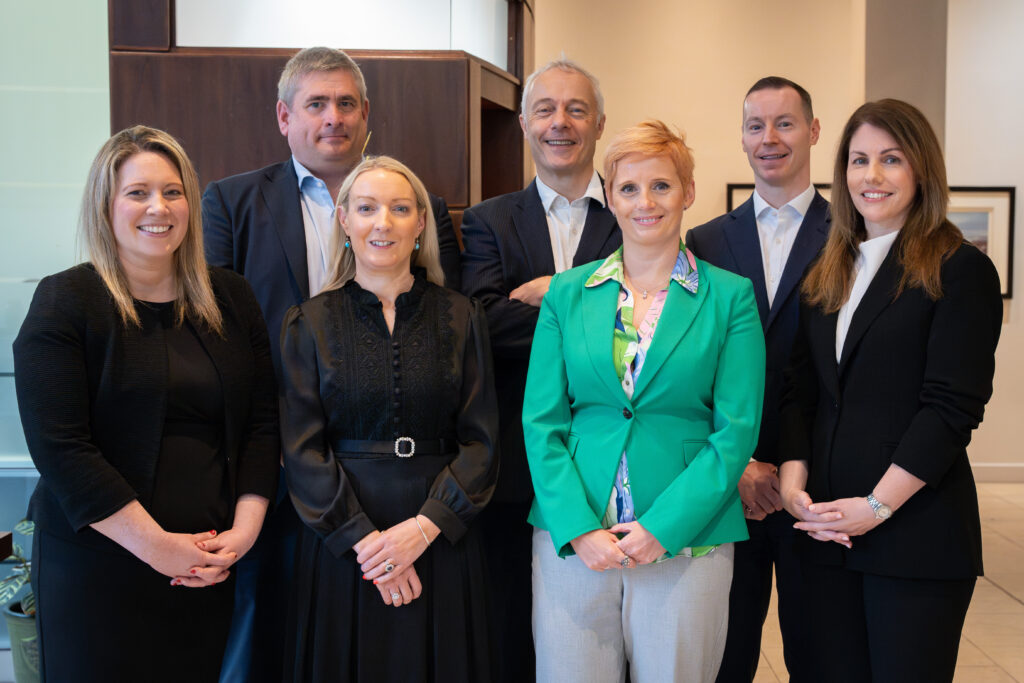From the Headlines: Understanding Undue Influence
Many of us will prepare a will at some stage in our lives. The intention being to make sure that after we are gone, our property, savings or personal effects will go to loved ones or chosen charities. It is normally a very straightforward process — most people will work with a solicitor to draft a will, put it away for safekeeping and then rest easy, knowing that they are prepared for the future.
The primary role of a solicitor preparing your will is to ensure your will is valid. For a will to be valid certain formalities have to be observed in its execution, which your solicitor will ensure are adhered to. In addition to this, the person making the will must have the capacity to make a will, must know and approve of its contents and must make the will voluntarily, without duress or undue influence.

Undue Influence
In plain English, undue influence means to pressure or force someone to do something against their will such as forcing them into writing or changing a will or into transferring property to somebody during their lifetime.
Undue Influence was back in the media again due to a recent high-profile case involving the estate of the late jockey and horse trainer Bunny Cox. The Irish Times reported that the High Court ruled that Mr Cox’s wife “procured the transfer of his multi-million euro estate into their joint names shortly before his death through “undue influence”. The court found the transfer to be contrary to the Mr Cox’s true wishes and made an order that the deed of transfer from Mr Cox to his wife be set aside so that the assets formed part of his estate, to be distributed in accordance with his will.
While a person drafting a will can alter or change the contents as often as they like, one might suspect undue influence if they are making changes that are:
- Surprising or out of character
- Particularly beneficial to one beneficiary
- Conflicting with previously expressed wishes
Further suspicion might occur if:
- The person who benefits from the changes (the beneficiary) was not named previously in this will or any previous versions
- As a result of the changes, the beneficiary now stands to receive a much larger inheritance
- The deceased relied on the beneficiary for care or assistance when the changes were made or was fearful of the beneficiary in question
- The deceased was, at the time of making the changes, fragile or ill and potentially more vulnerable to forceful persuasion by the beneficiary
Challenging a Will on the Grounds of Undue Influence
While not a common occurrence, undue influence is something that we at HOMS Assist are very familiar with, as part of our decades of experience in wills, trusts and estate disputes. Successfully challenging a will on the grounds of undue influence can be a long process, and the court demands a very high standard of evidence. Like many legal concepts, the legal requirements to demonstrate undue influence are more exacting than a layperson may assume. Improper or immoral influence is not enough. Persuasion or appealing to someone’s affections does not amount to undue influence in the eyes of the law. Proof of motive and opportunity coupled with the fact that someone has done better than others from the will is not sufficient. There must be positive proof of coercion overpowering the volition of the person making the will.
When undue influence occurs, it usually happens in secret, involving people who are in positions of trust. This can make challenging a will on this basis very difficult as you must prove that the deceased would not have made the gifts in the will without being subject to coercion.
As a result, not every claim of undue influence or duress will be successful, but if it is something you suspect may have occurred, you should arrange to speak with a qualified, experienced solicitor as soon as possible.
How Do I Contest a Will?
There are a number of steps involved in contesting a will in Ireland. These are:
- Make an appointment with an expert probate solicitor
They will be able to discuss your case with you, review its merits and advise if your claim is likely to succeed or fail (although that will ultimately be up to the courts to decide). If possible, bring a copy of the will and any related correspondence you might have.
- Explore the possibility of negotiating or mediating a settlement
Most people will seek to avoid going to court if at all possible. A good solicitor will be an experienced and skilled negotiator who can try to secure a resolution directly with the estate’s representatives. Alternatively, they may recommend a mediator to help.
- Seek to pause the probate process
If the estate has not yet received a Grant of Probate, your solicitor can seek to stop it from being issued by lodging a caveat at the Probate Office or the District Probate Office. This means that until your claim has been resolved, the will cannot be executed.
- Begin legal proceedings
If it is not possible to resolve your dispute outside of court, the next step is for your solicitor to issue legal proceedings at the High Court. The judge will decide if your claim is valid, and can either set aside the will.
How Much Does it Cost to Contest a Will?
The cost of challenging a will very much depends on how long the process takes, how cooperative the parties involved are and whether or not you can settle your dispute outside of court. At HOMS Assist, we generally do everything we can to try to find resolution in the most cost-efficient way possible, which is usually via negotiation or mediation. General costs might include:
- Solicitor fees
- Disbursements (e.g., cost of copying medical records, Land Registry fees, etc.)
- Barrister fees
- Court fees
- Medical expert or handwriting expert fees
Irish probate law and estate distribution can be sensitive subjects in families, particularly if there is ill feeling about a gift or bequest. That’s why it’s best to let a qualified solicitor take the lead — they can engage with the estate executors or beneficiaries on your behalf, working towards your goals while also helping you protect any important relationships.
At HOMS Assist we make it easy to take the first step. Get in touch with our team on 1800 207 207 or contact us online for trusted, impartial and fully confidential advice.









